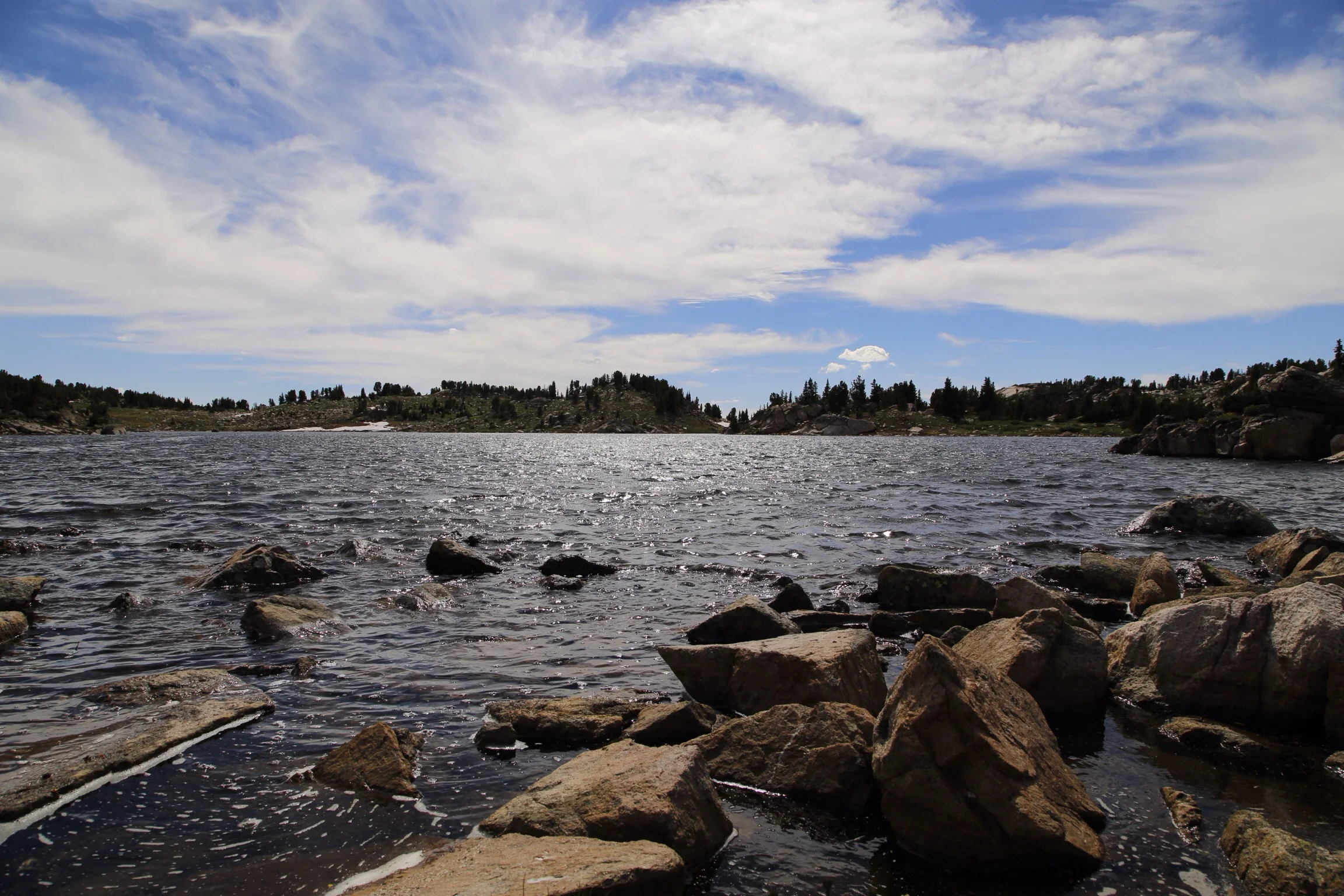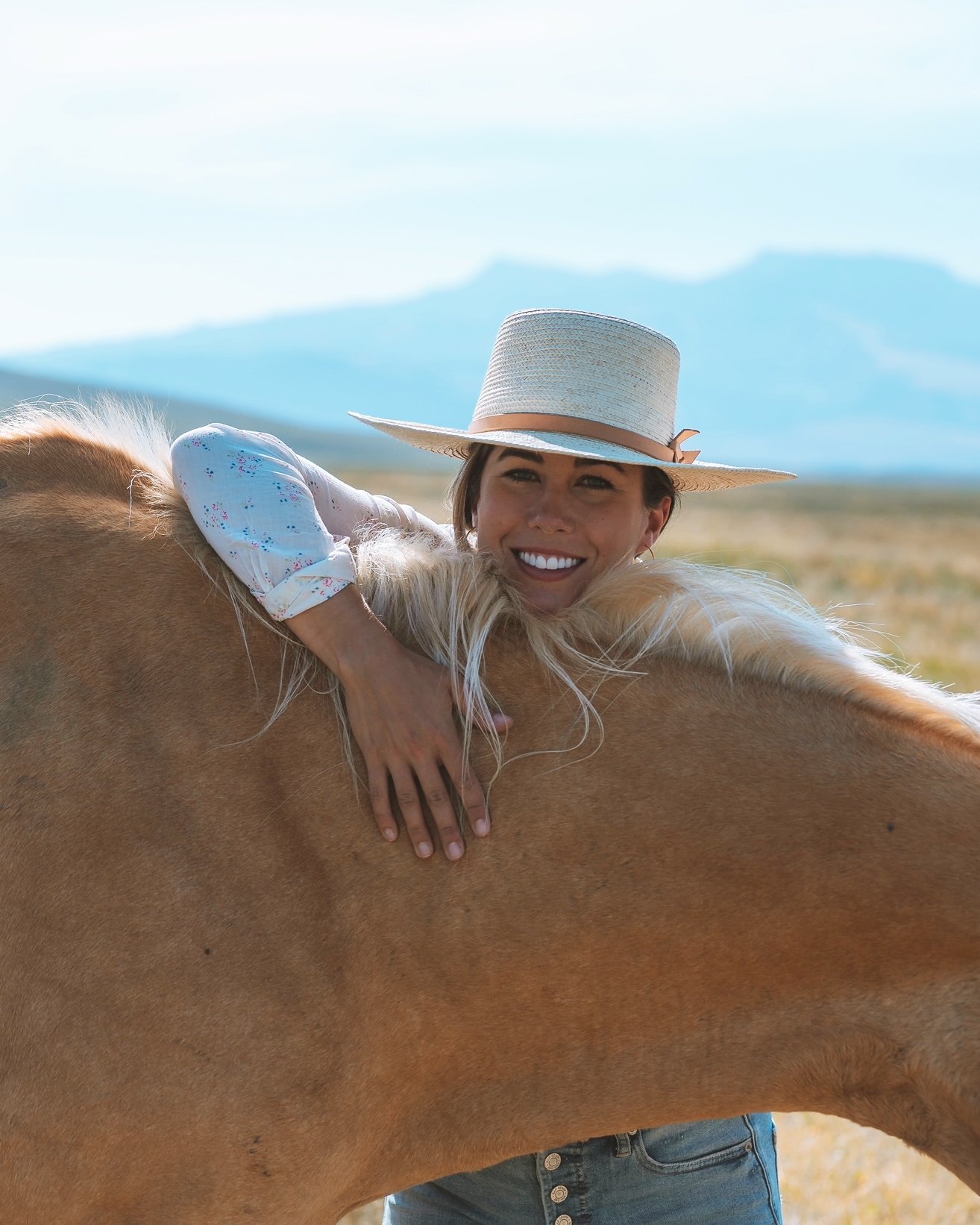ada smith
Managing for Drought & Climate: Understanding Adaptive Decision-making Among Montana Ranchers
Climate change introduces new dynamics and uncertainties for ranchers in the American West. By mid-century, there is predicted to be an average increase in temperature, shifted timing of precipitation, and a declining snowpack that will put additional stress on water supply and rangeland health and productivity. In Montana, 40 million acres (of the State’s 94 million acres total) are pasture and rangelands, used predominately for livestock grazing. Thus, the ability for working ranchers to adapt in new ways is becoming increasingly important for the future of food production and the provisioning of ecosystem services (e.g. watershed resources, wildlife habitat, recreation, and tourism) in working rangeland systems. In my research, I examine the factors that influence Montana ranchers’ ability to adapt to drought and other climate events, using the concepts of adaptive capacity and adaptive decision-making to frame my work. My research is part of the Montana Drought & Climate project, a larger interdisciplinary research effort aimed at improving the utility of climate information resources and working with agricultural producers and MSU Extension to build capacity to manage climate change, with an emphasis on the changing availability of water.
Ada Smith is a PhD Candidate in W.A. Franke College of Forestry & Conservation at the University of Montana. As an environmental social scientist with a focus in rangeland food systems, Ada is interested in the role of ranching, or “working landscapes,” in building social and ecological resilience, particularly in light of drought and other climate-related events. Ada is passionate about community-centered research that builds collaborative partnerships between ranchers, rangeland managers, and scientists -- and contributes to policy and practice-oriented solutions on-the-ground.

